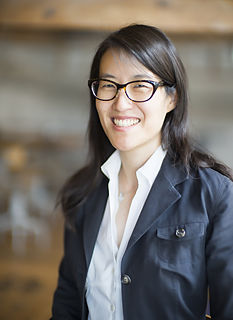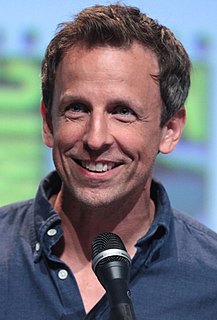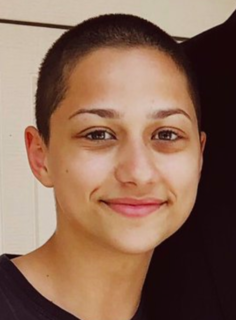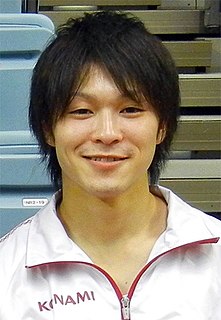A Quote by Sebastian Junger
All journalists hope that their work will inspire a broader conversation. I think that's just what journalism is.
Quote Topics
Related Quotes
Almost everything I've learned about journalism has been from other friends who are journalists, taking advantage of the money I hope they don't think they threw away at j-school. I studied comparative literature, but the professional vagaries of journalism I've learned through other people's trial and error, and my own.
I don't encourage people to litigate when facing discrimination: It is so hard - painful and difficult. It's draining financially, emotionally, and professionally. But when you see that you could be the person who impacts the conversation in a meaningful way - or that you could inspire a few people to feel better about themselves, to speak up, to inspire others, to create this broader wave of change - I don't regret that at all.
I think that all journalists, specifically print journalists, have a responsibility to educate the public. When you handle a culture's intellectual property, like journalists do, you have a responsibility not to tear it down, but to raise it up. The depiction of rap and of hip-hop culture in the media, I think, is one that needs more of a responsible approach from journalists.
Journalists in newspapers and in many magazines are not permitted to be subjective and tell their readers what they think. Journalists have got to follow a very strict formulaic line, and here we come, these non-fiction writers, these former journalists who are using all the techniques that journalists are pretty much not allowed to use.
Anyone who does investigative journalism is not in it for the money. Investigative journalism by nature is the most work intensive kind of journalism you can take on. That's why you see less and less investigative journalism at newspapers and magazines. No matter what you're paid for it, you put in so many man-hours it's one of the least lucrative aspects of journalism you can take on.



































